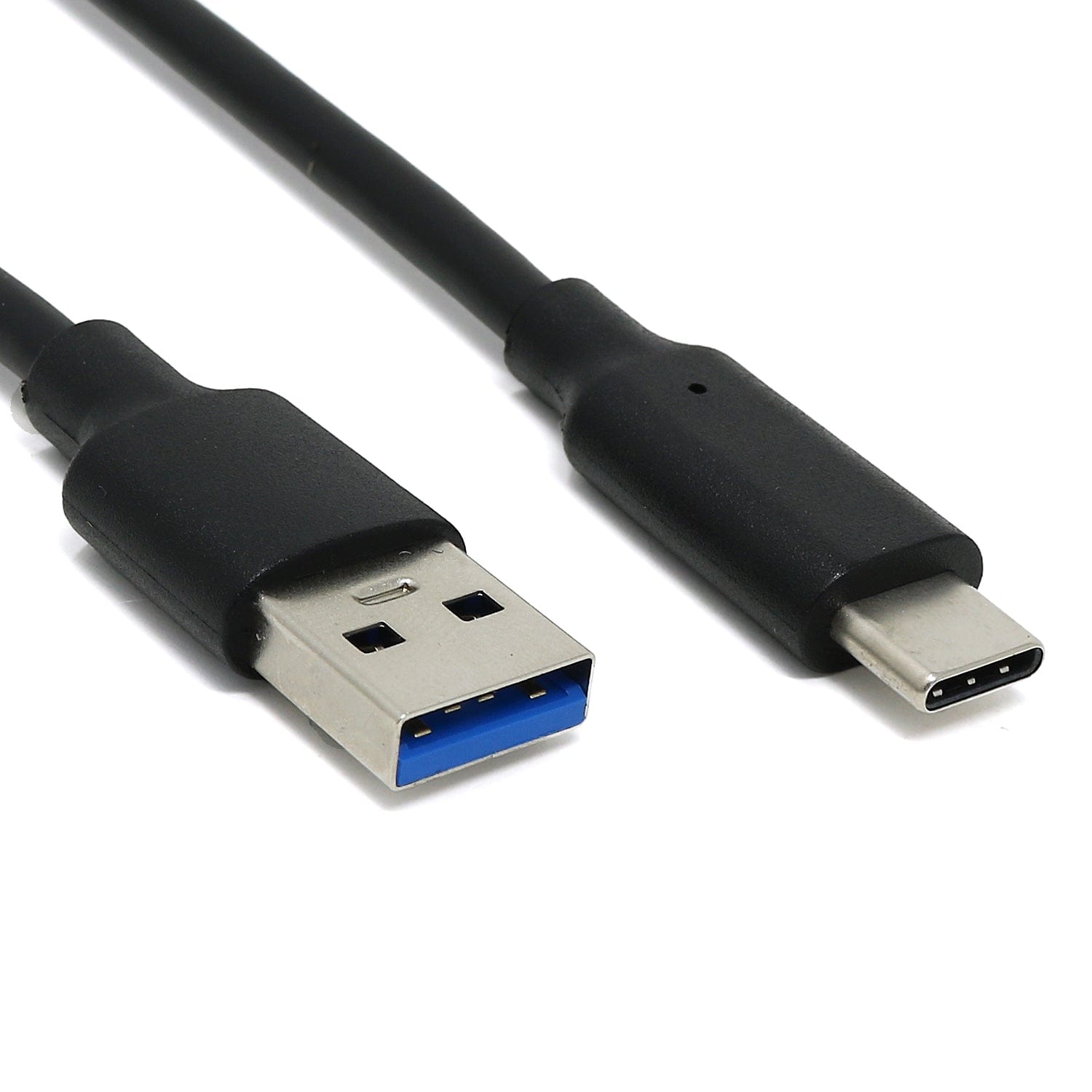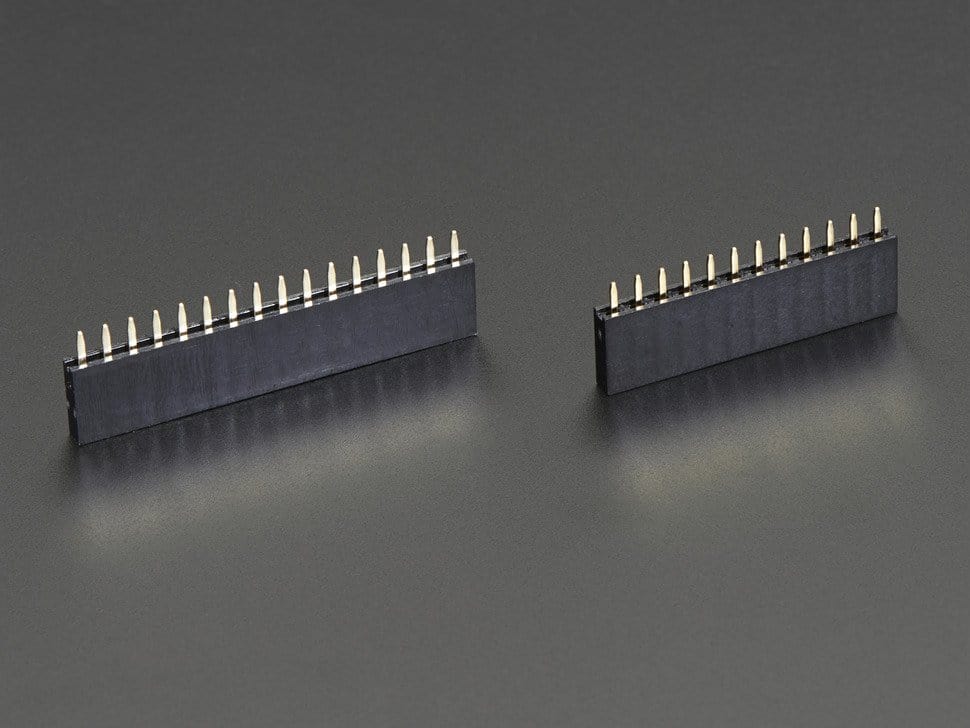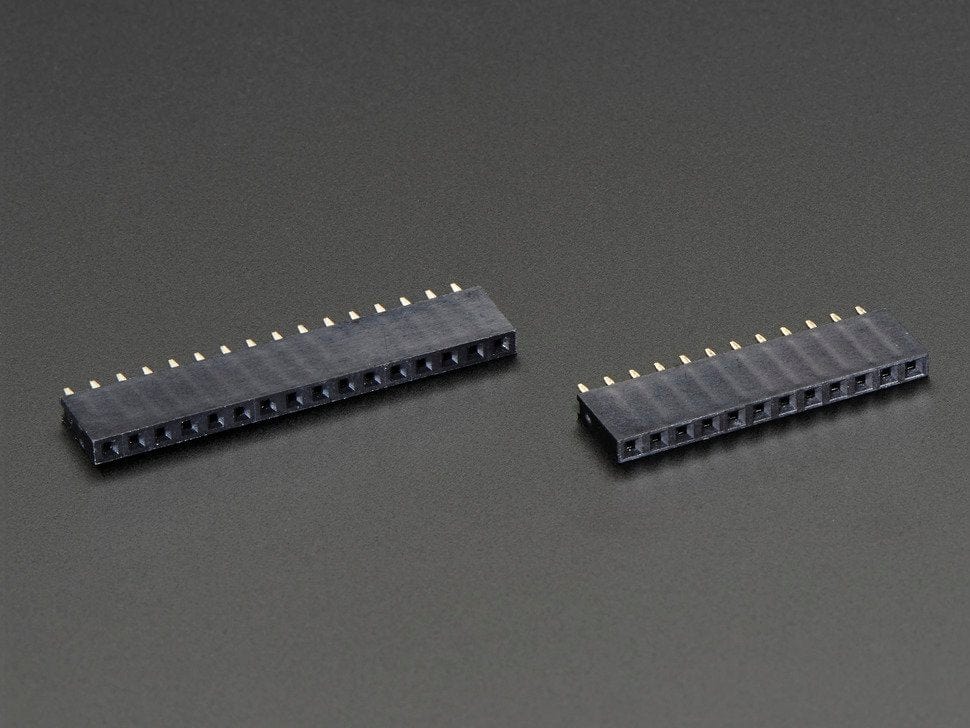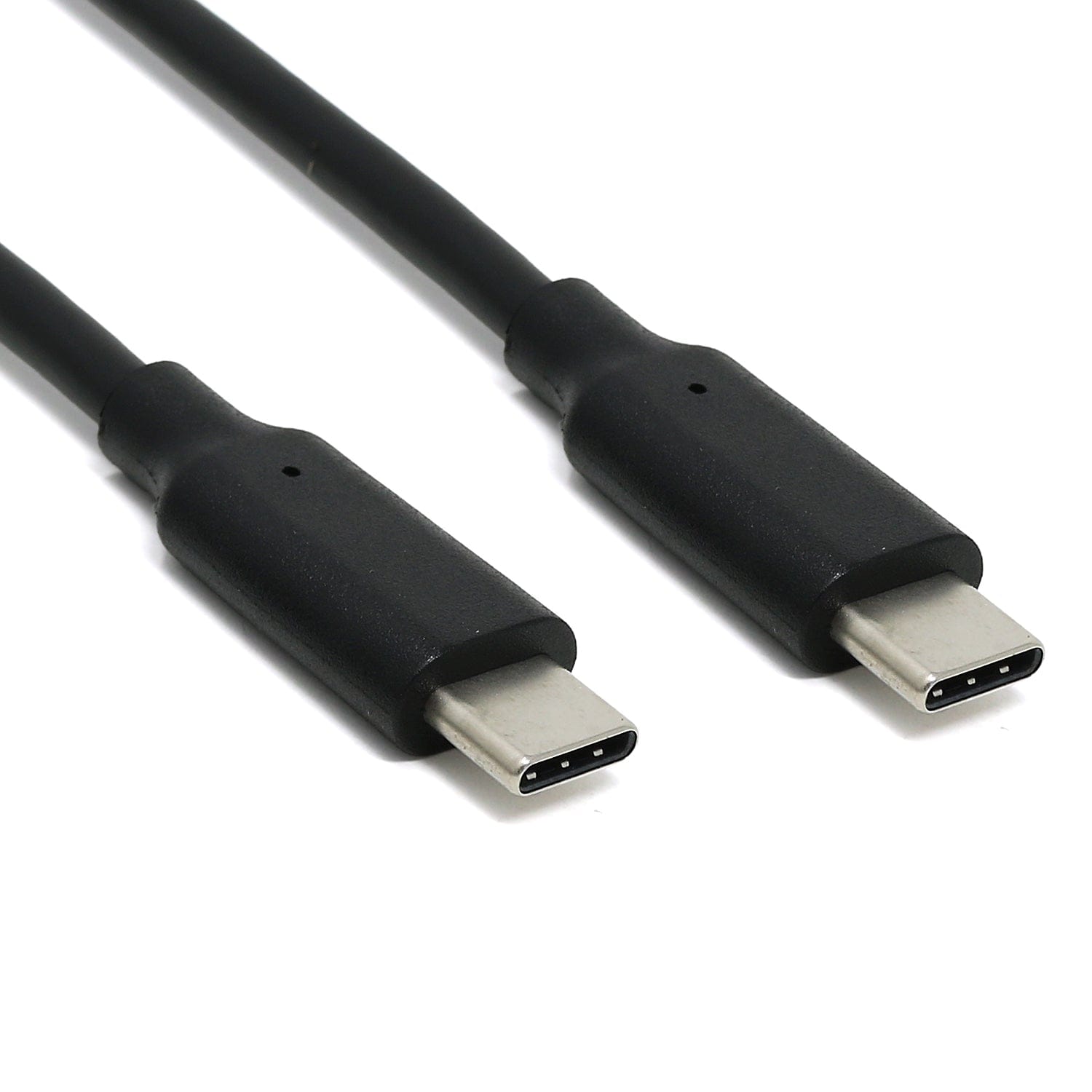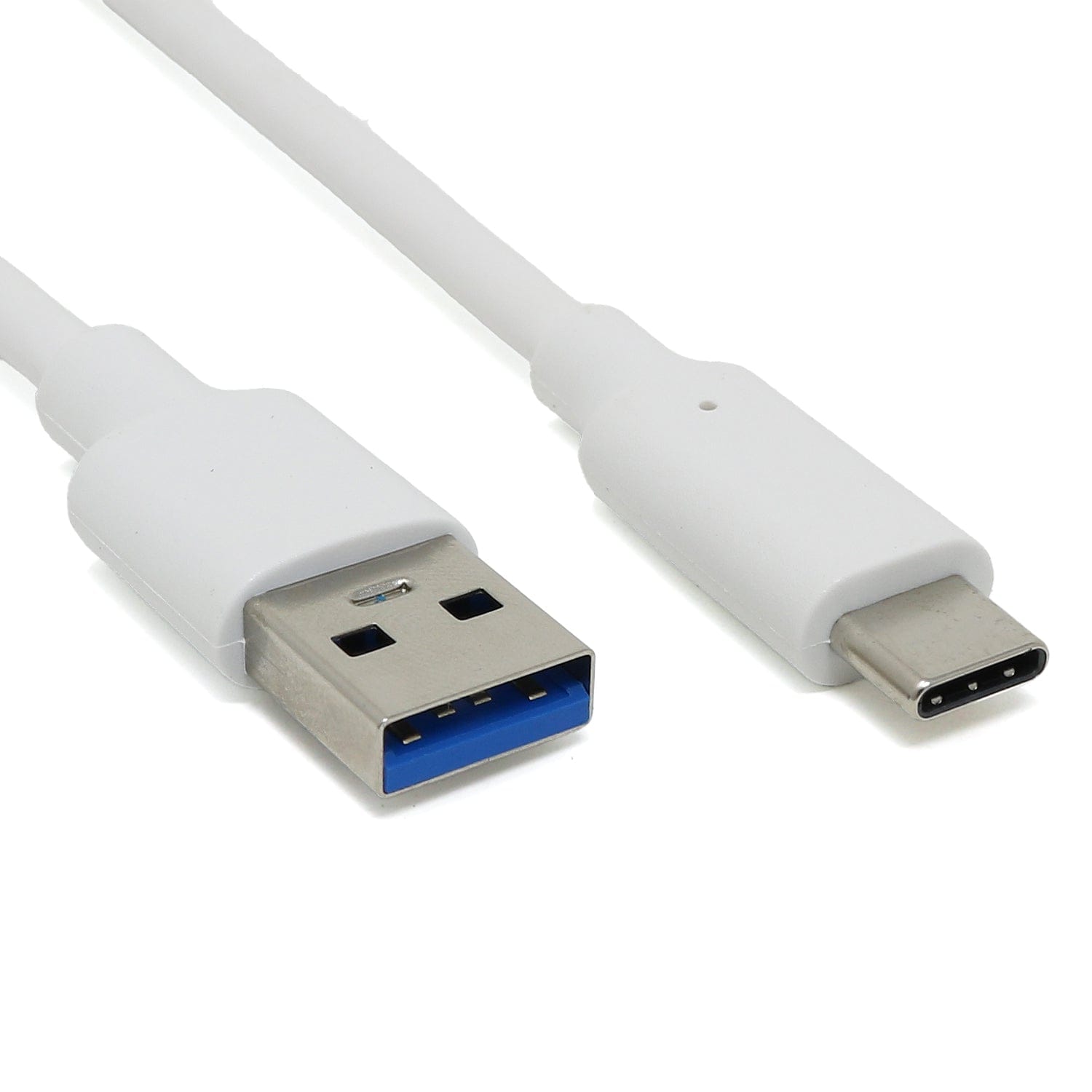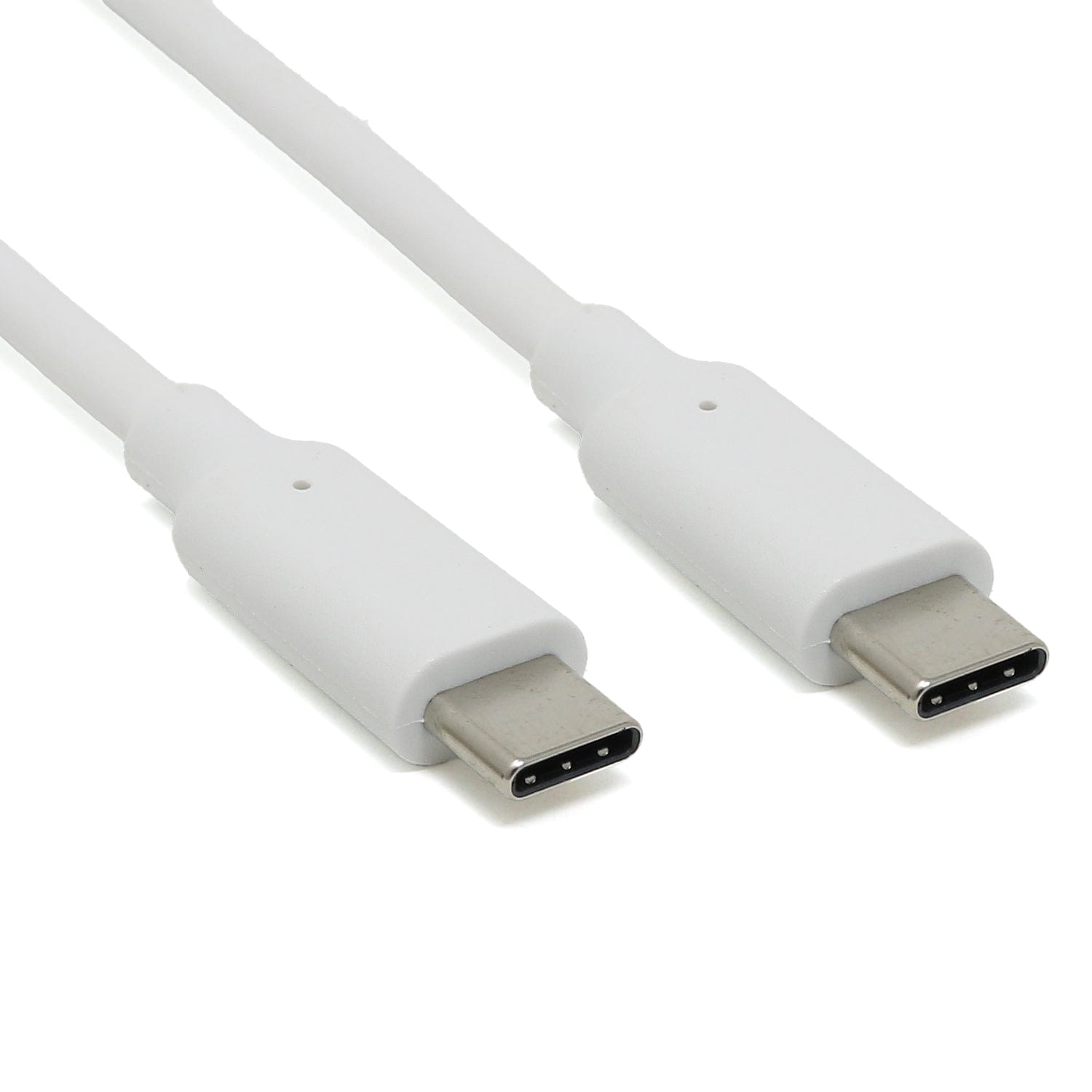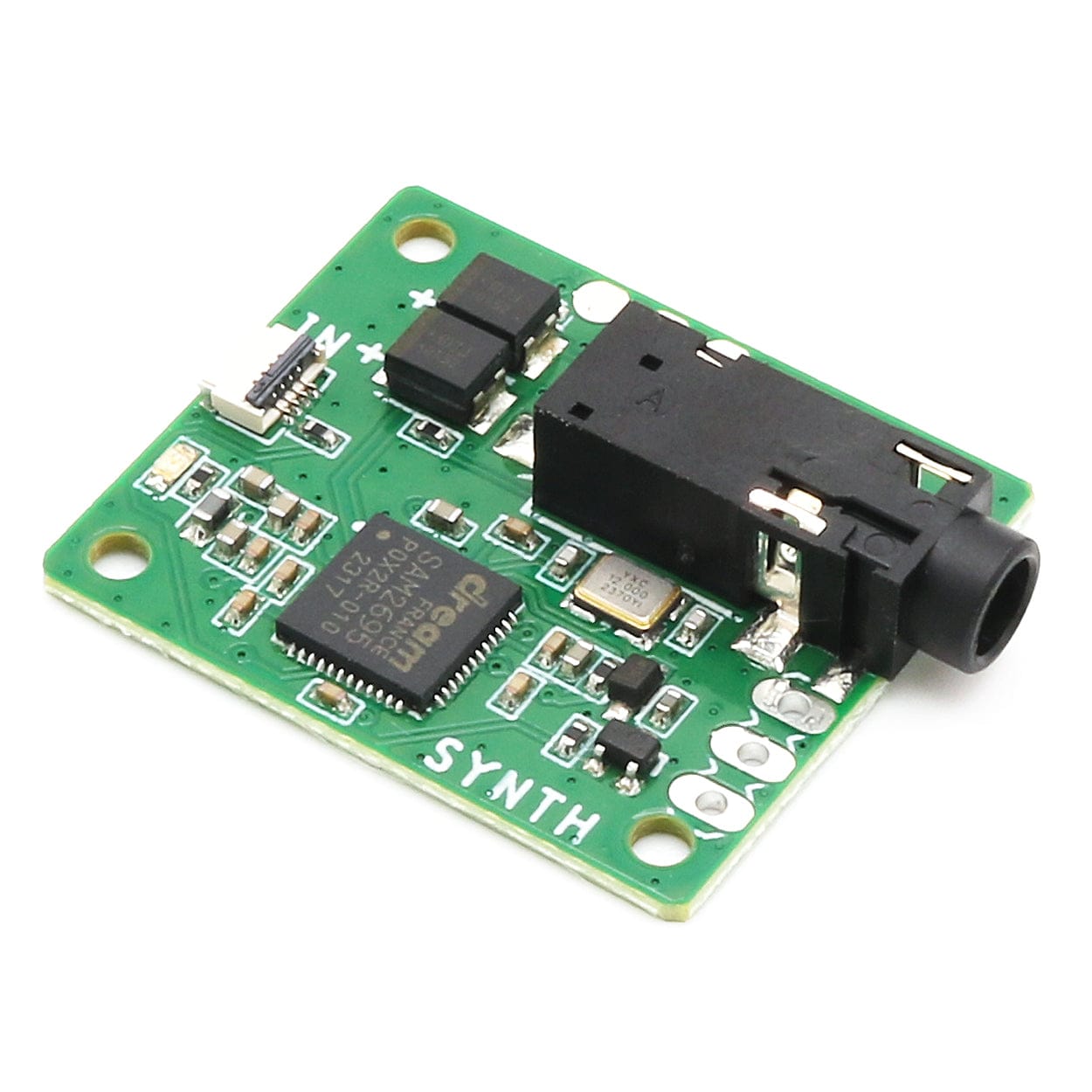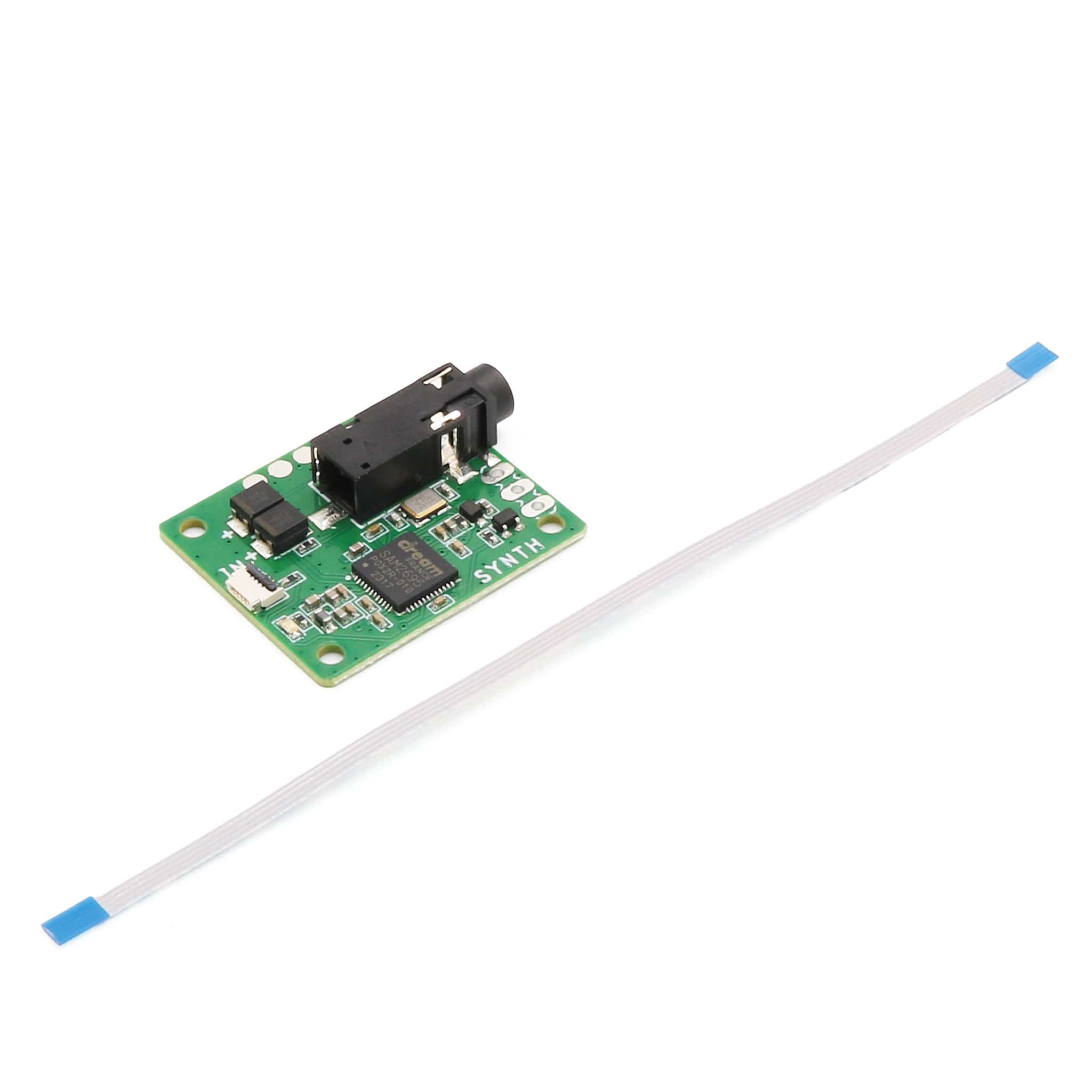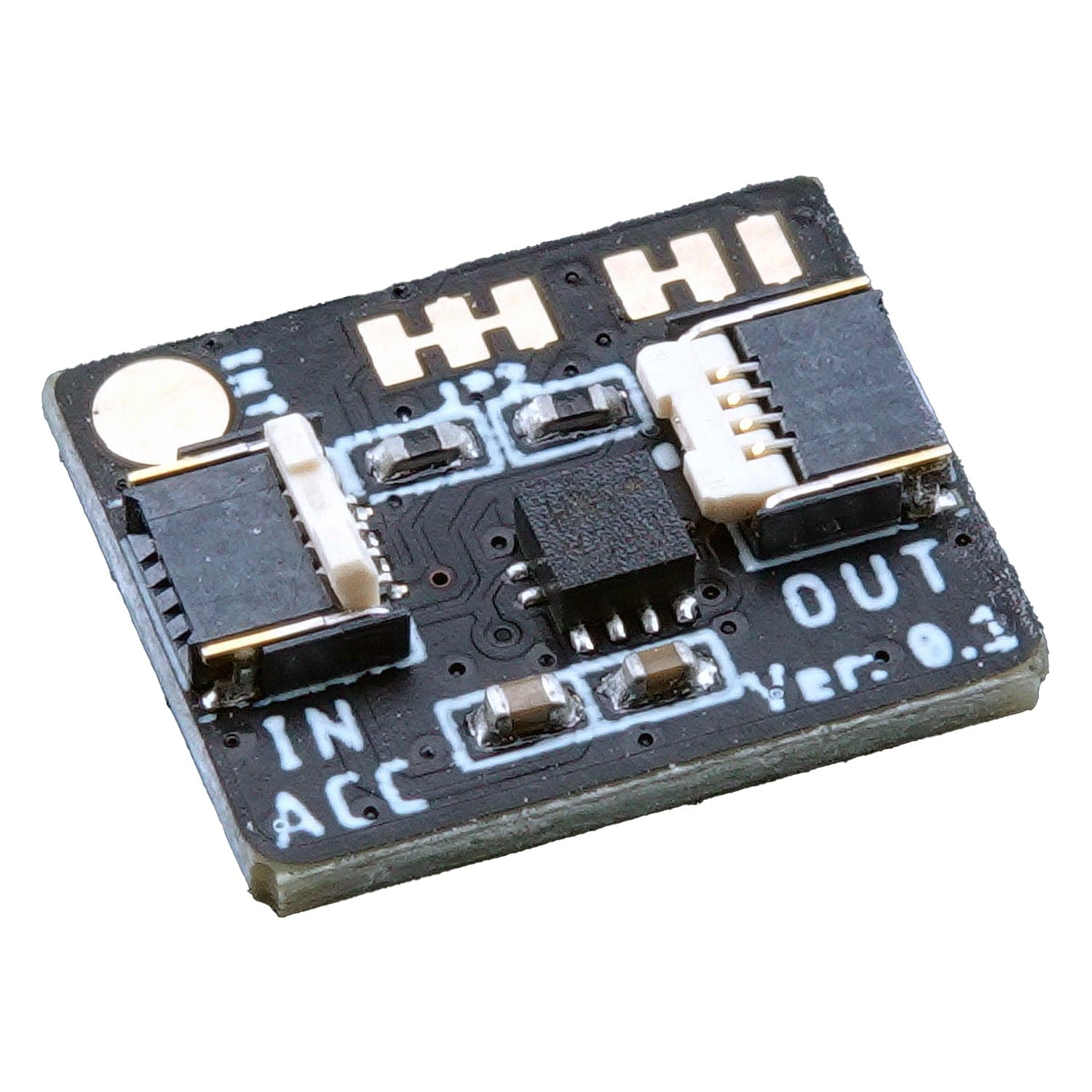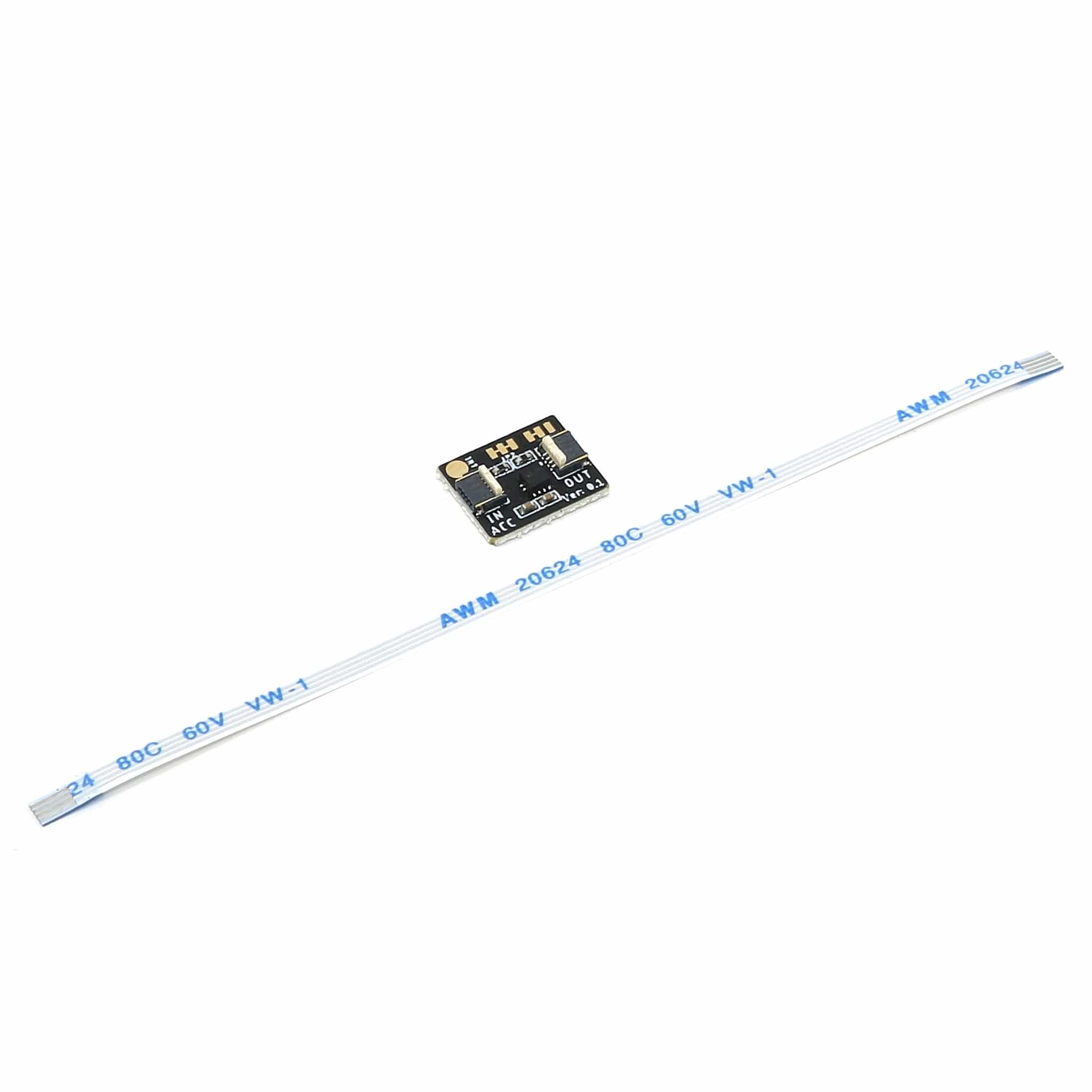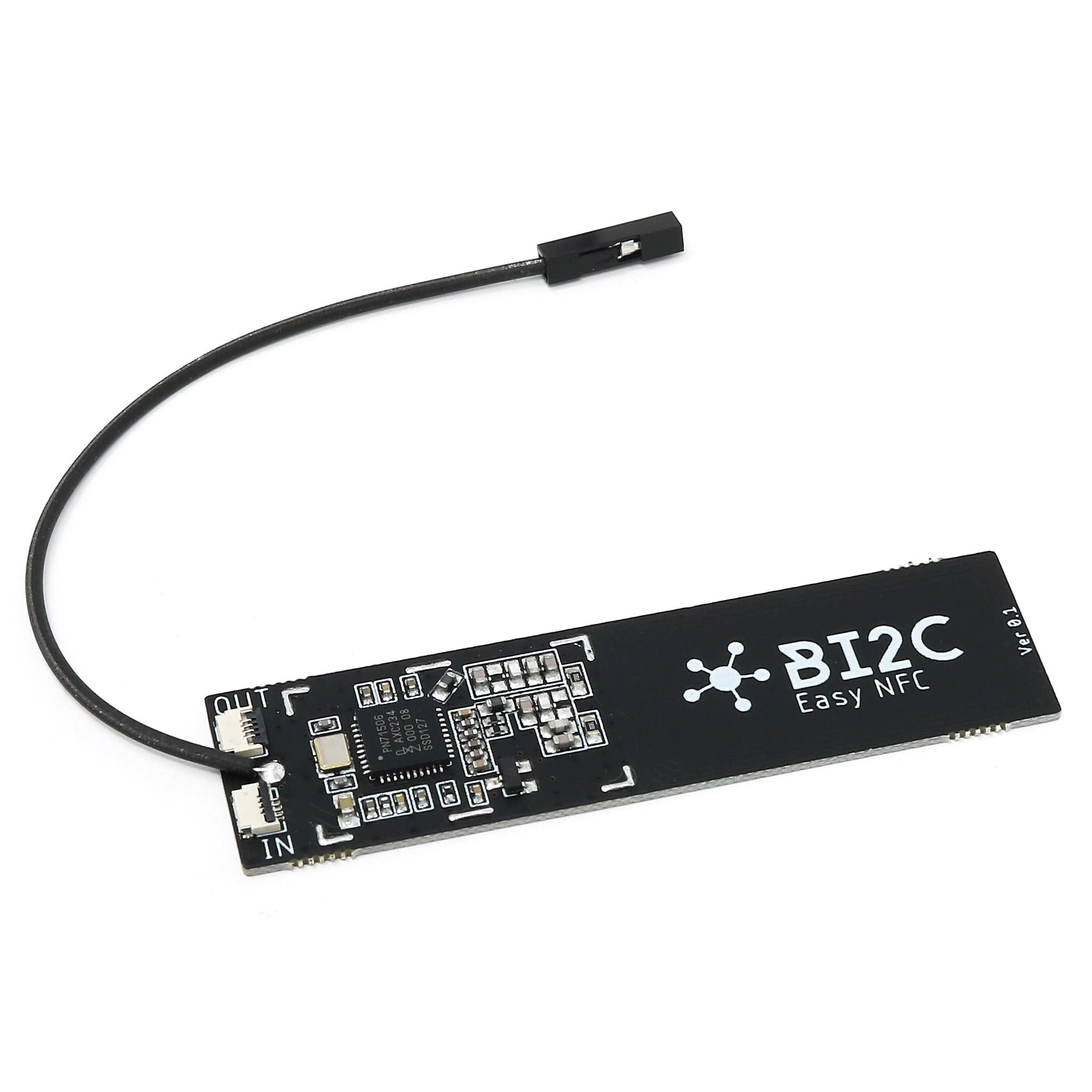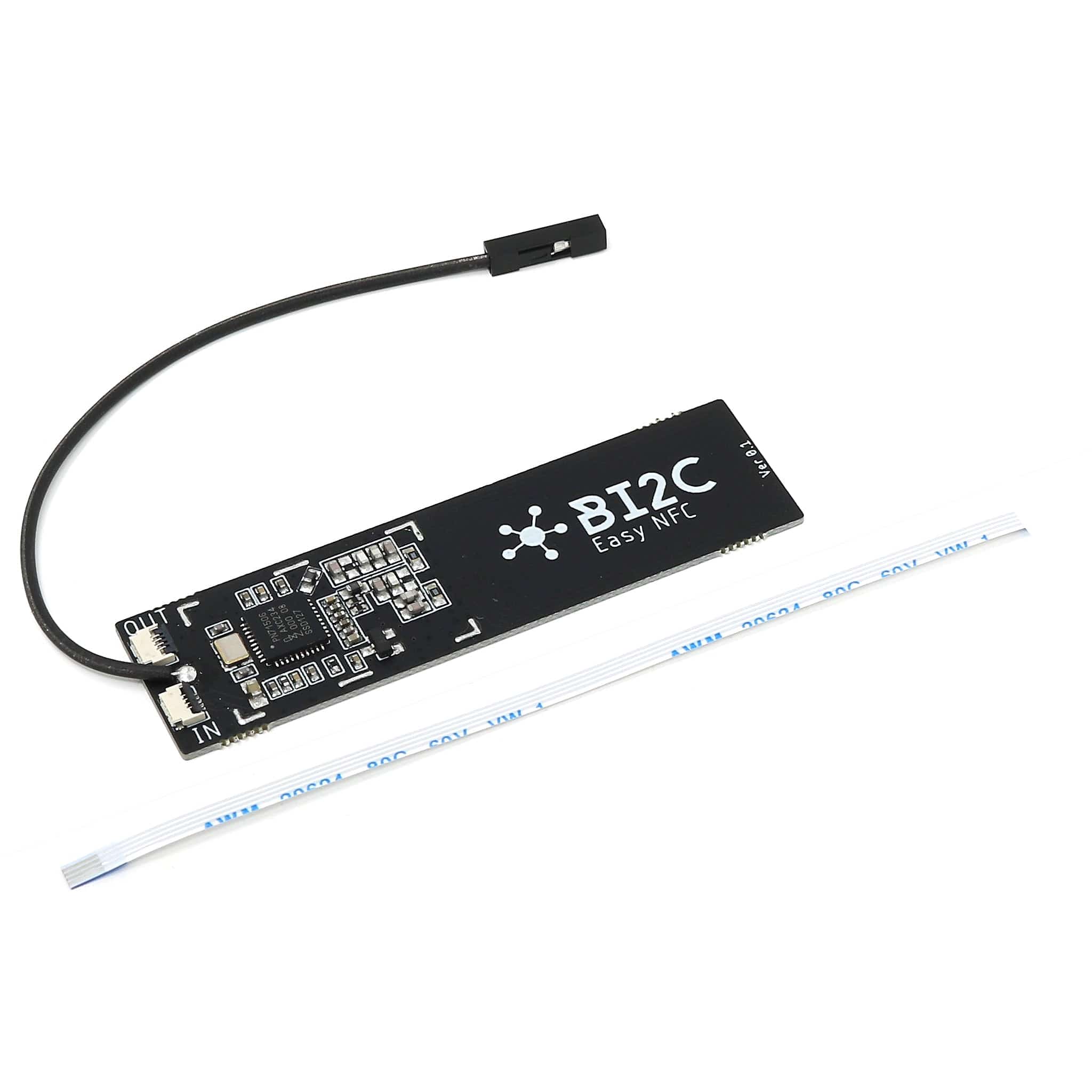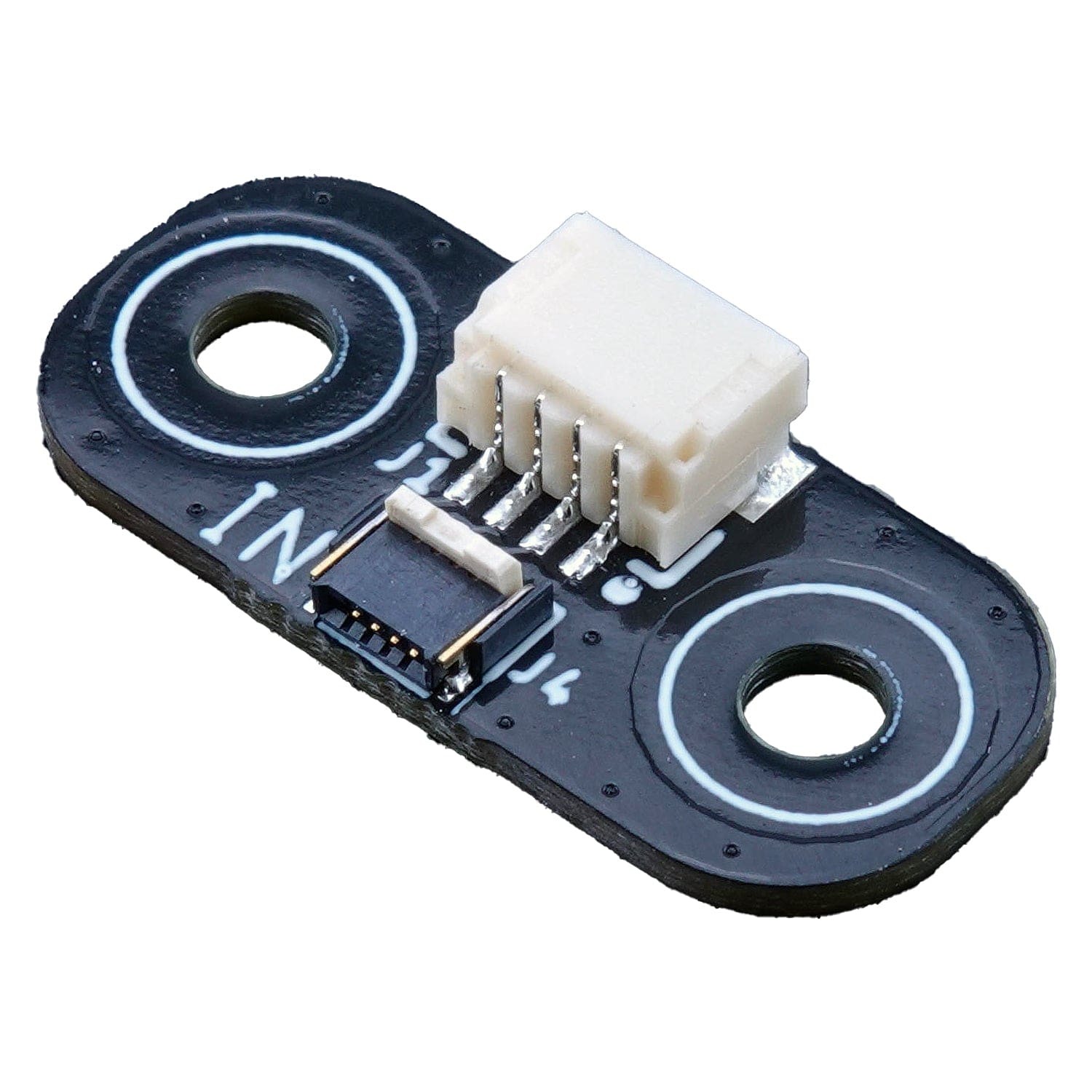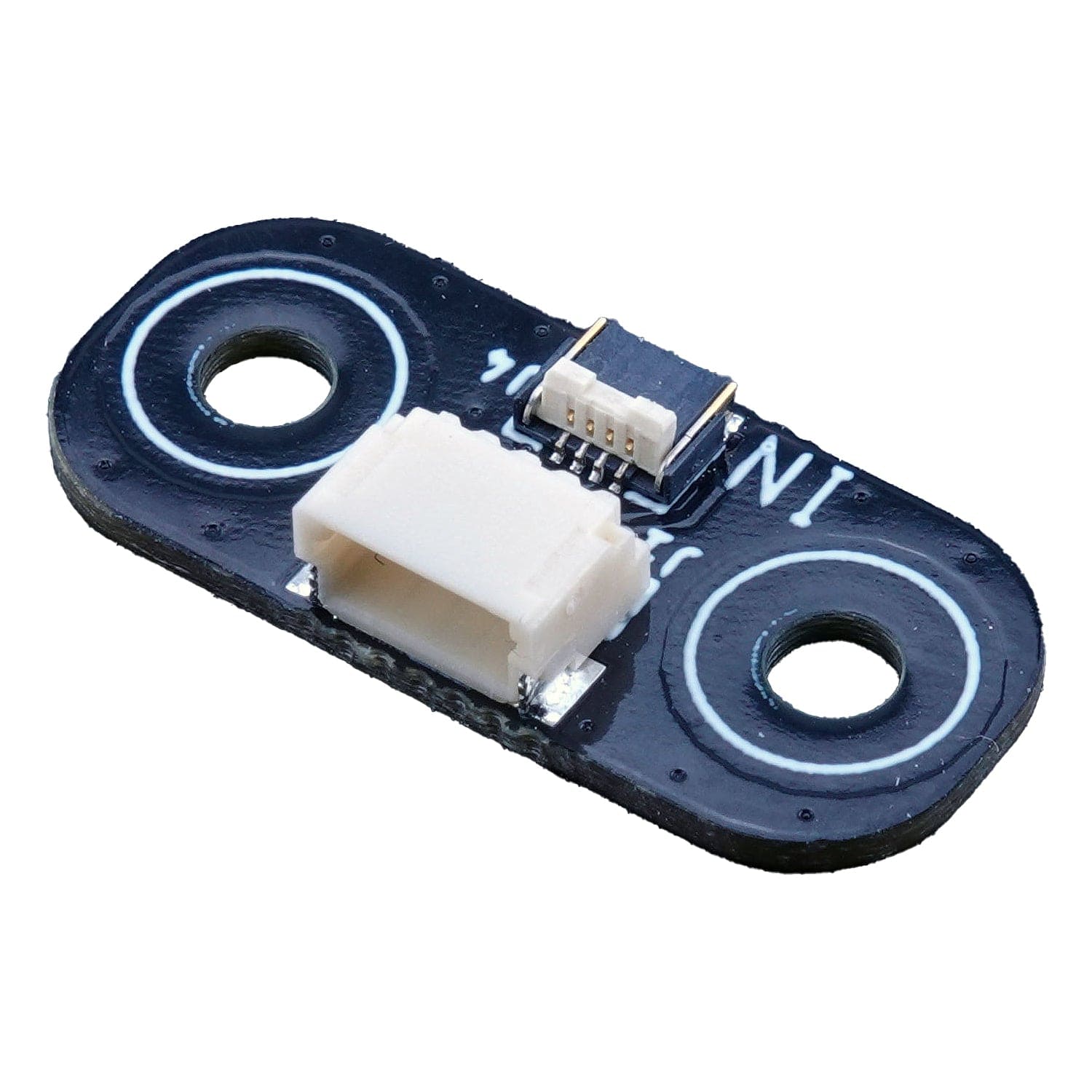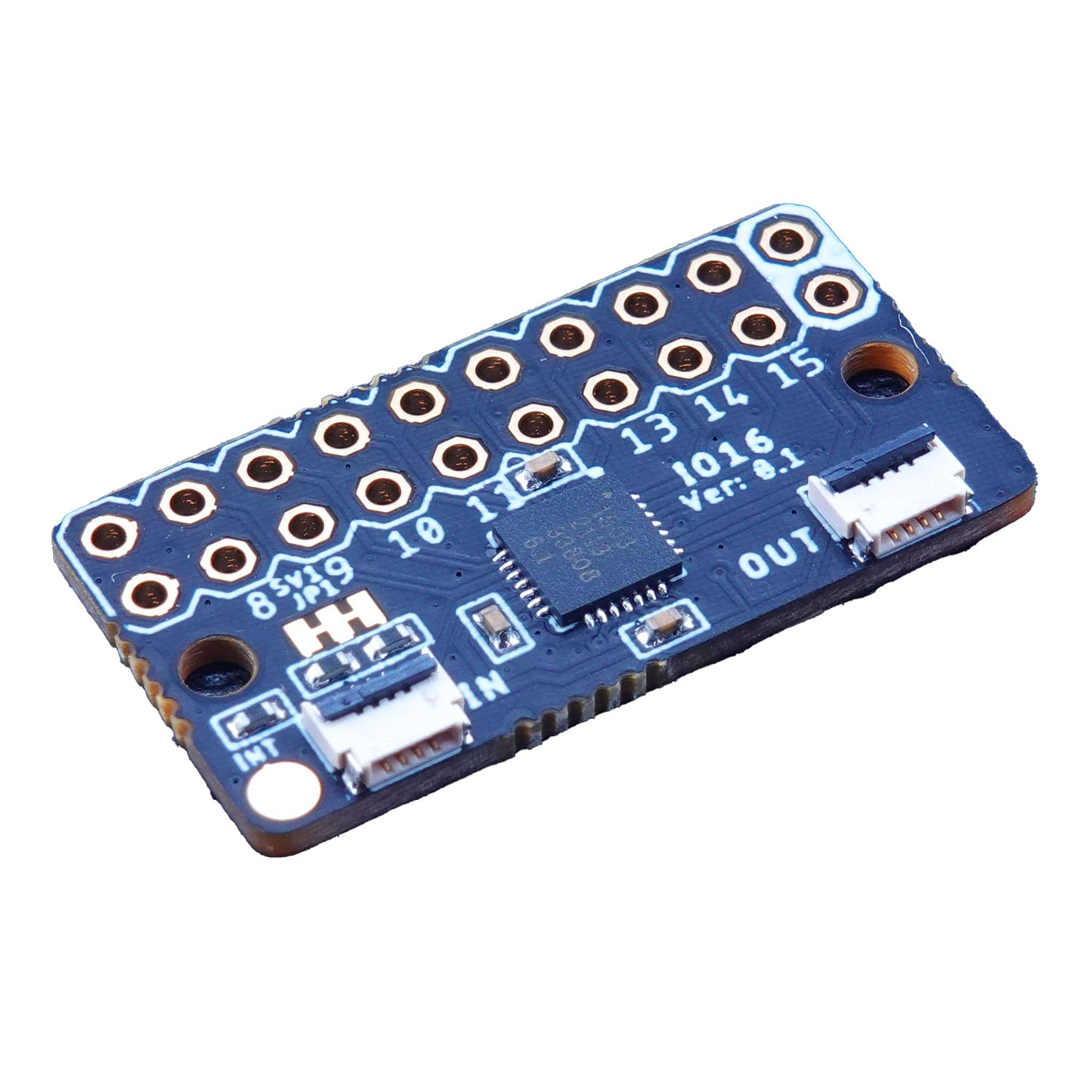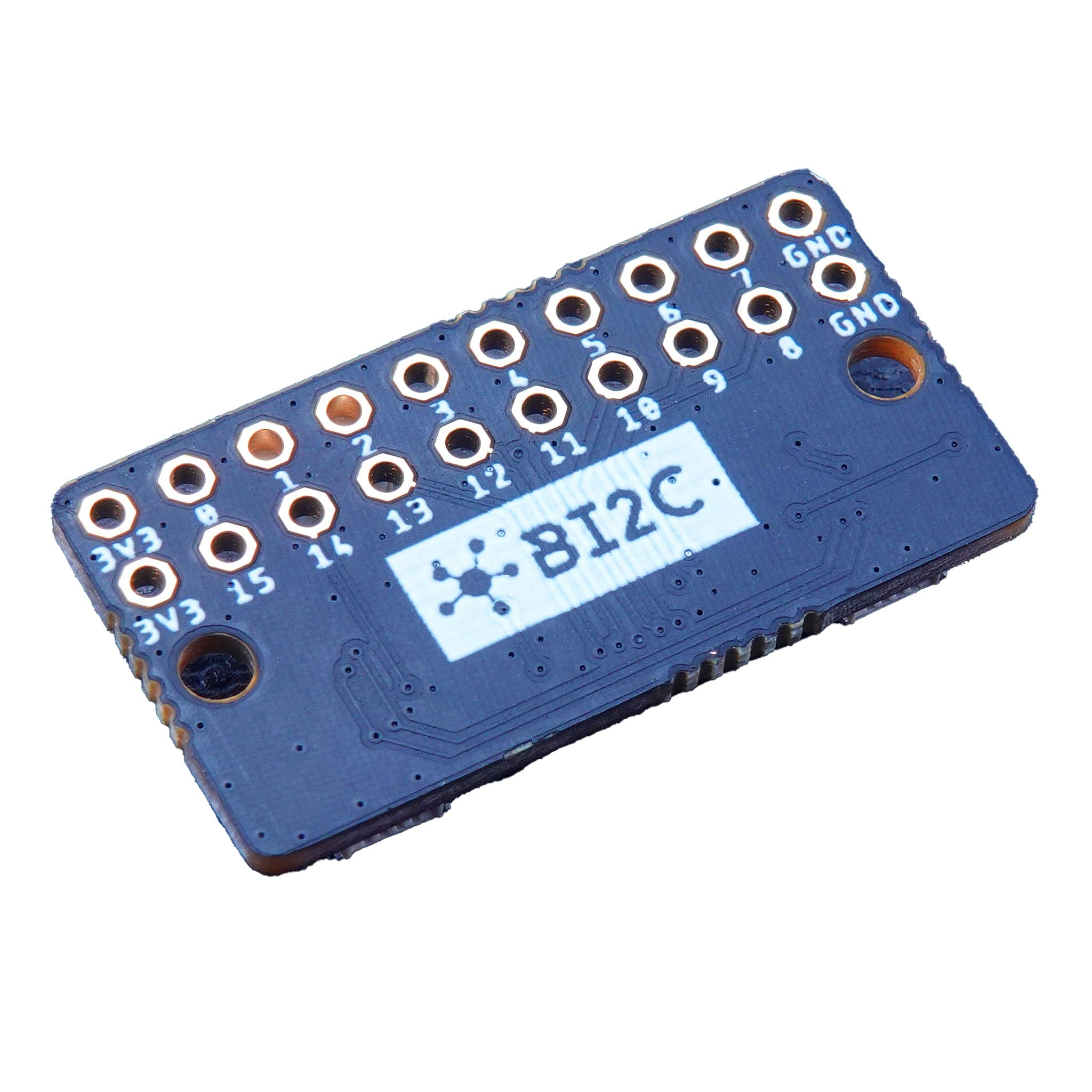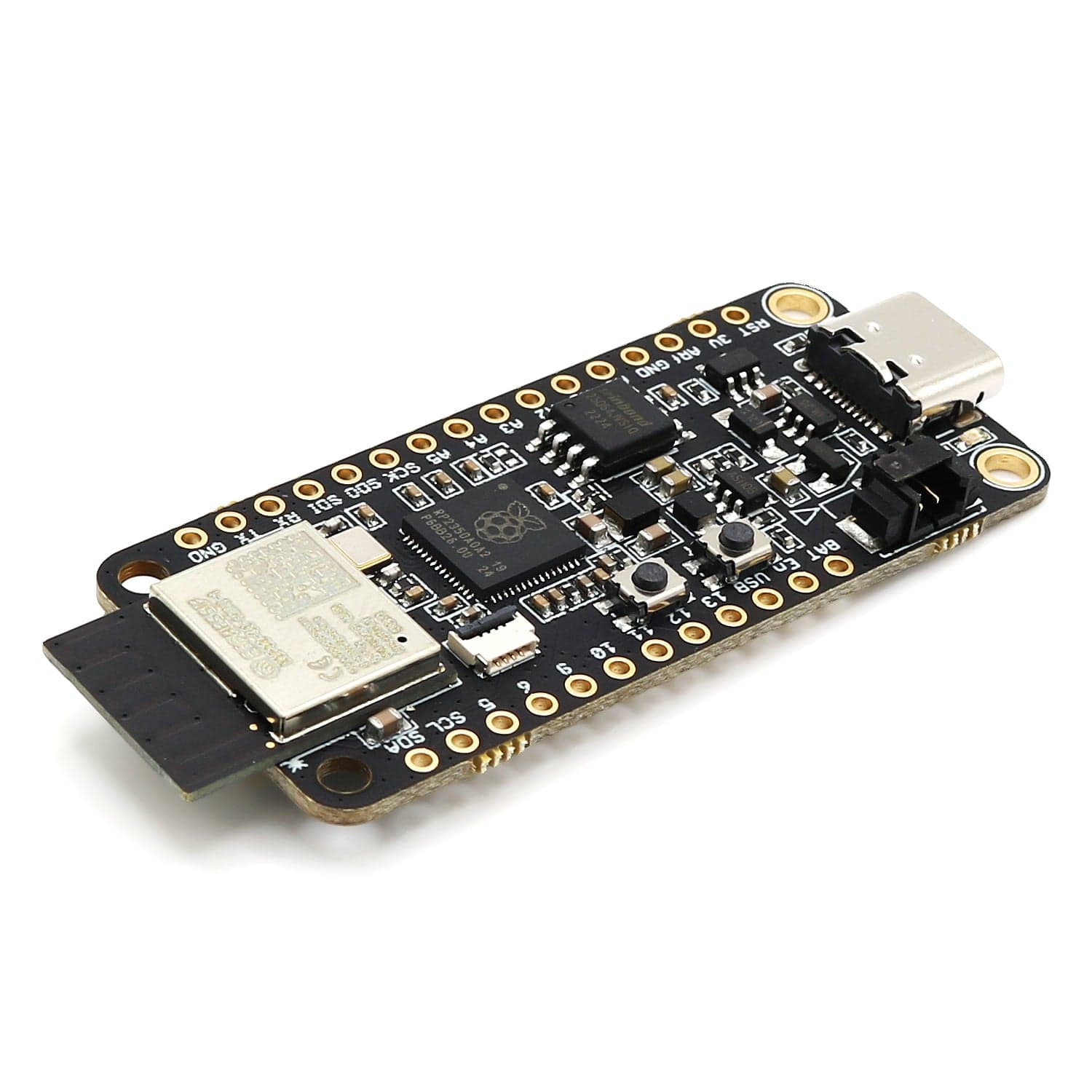
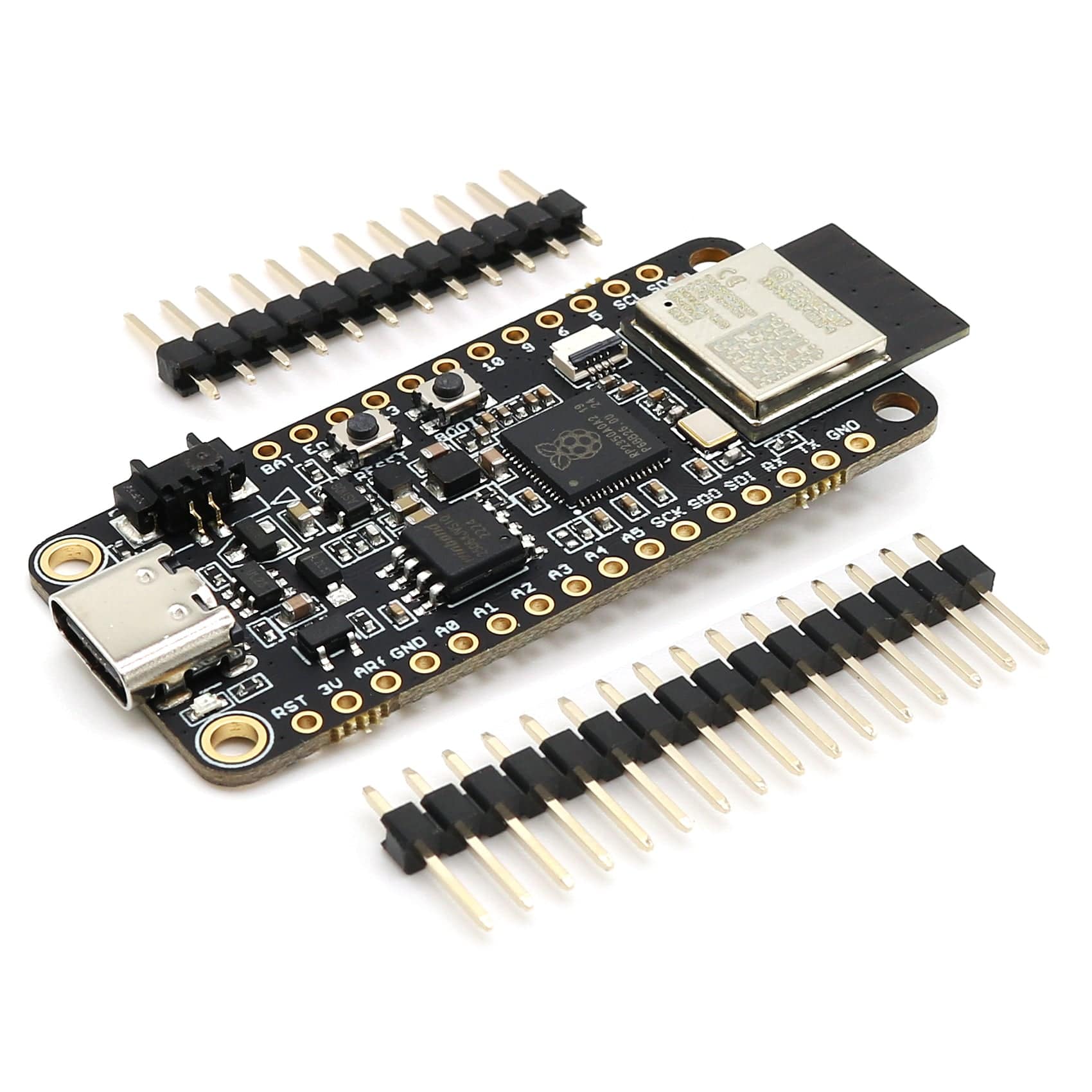
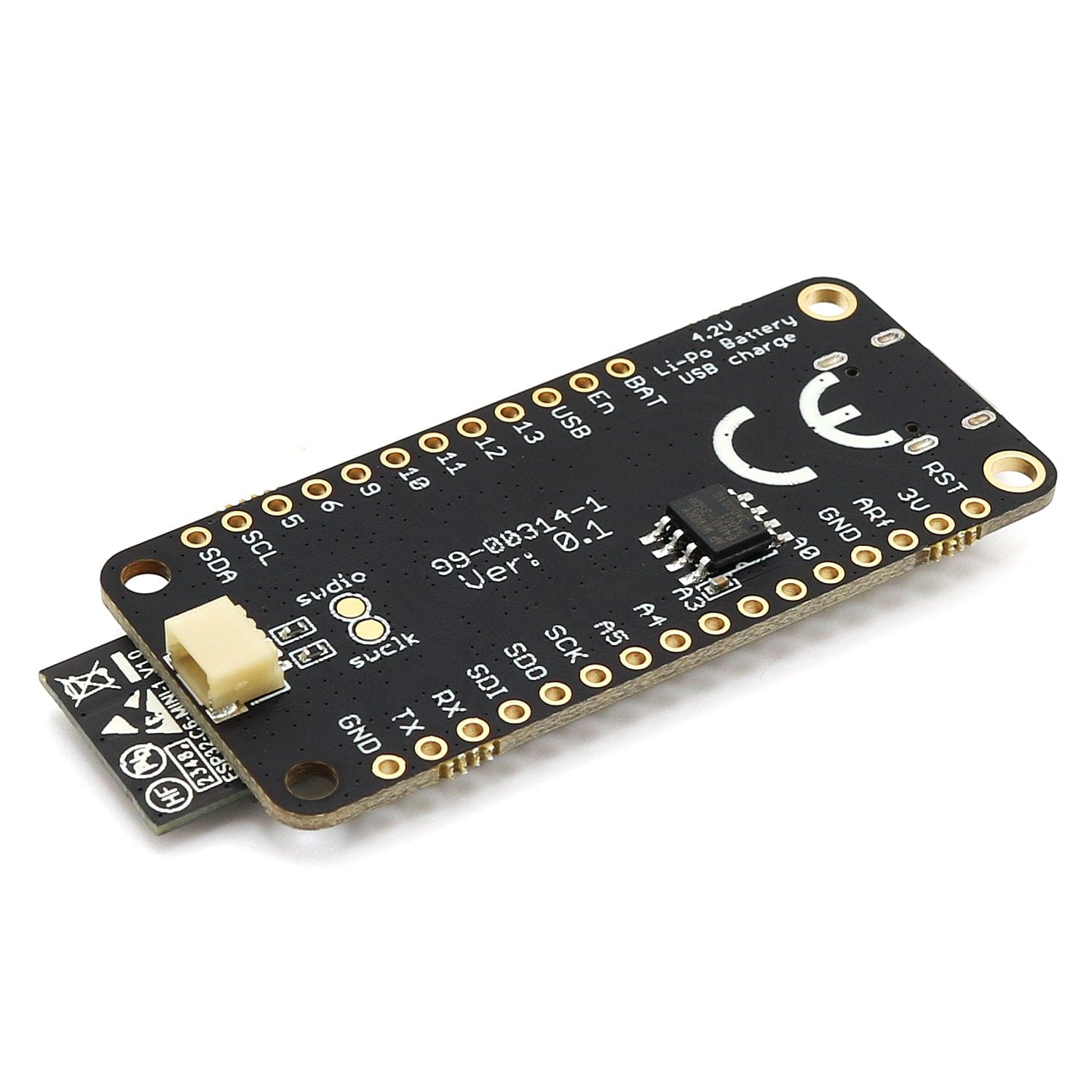
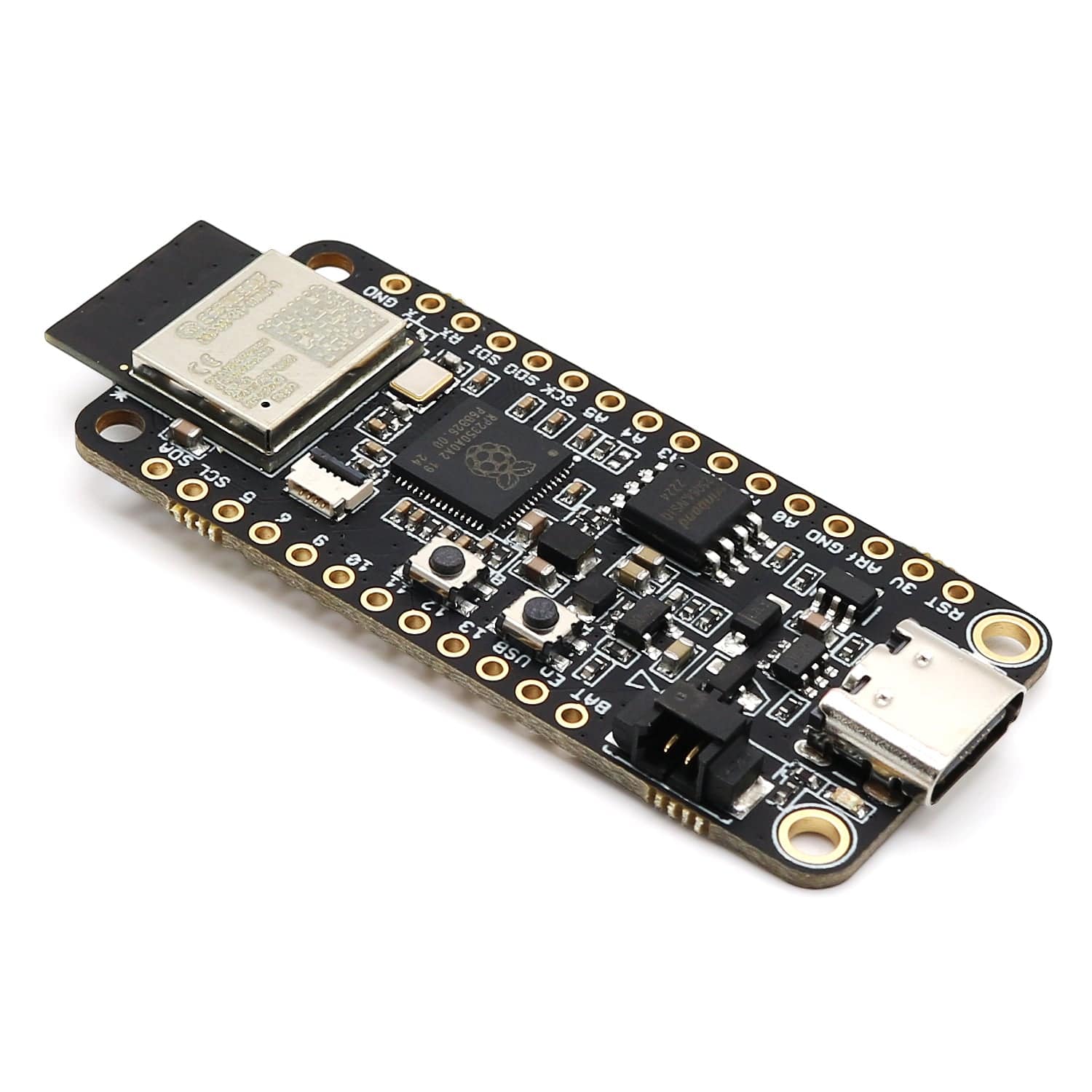
Login / Signup
Cart
Your cart is empty
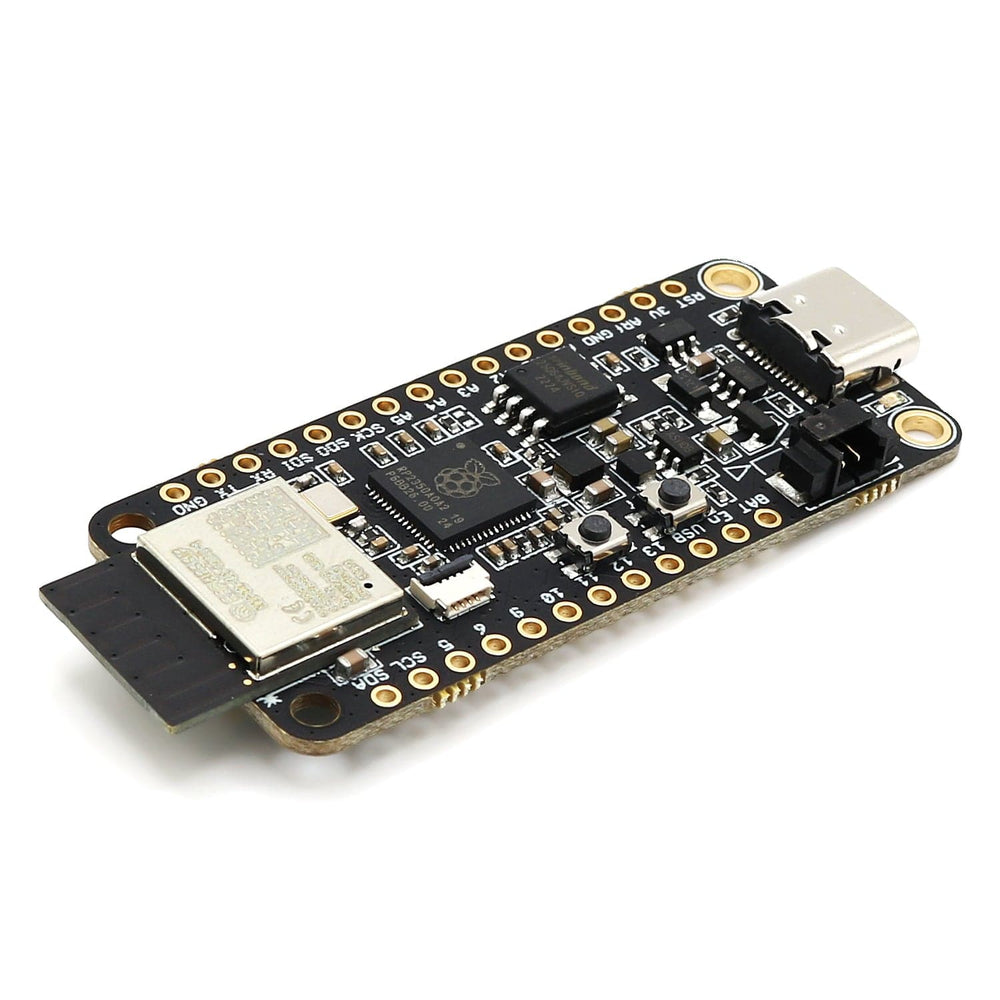
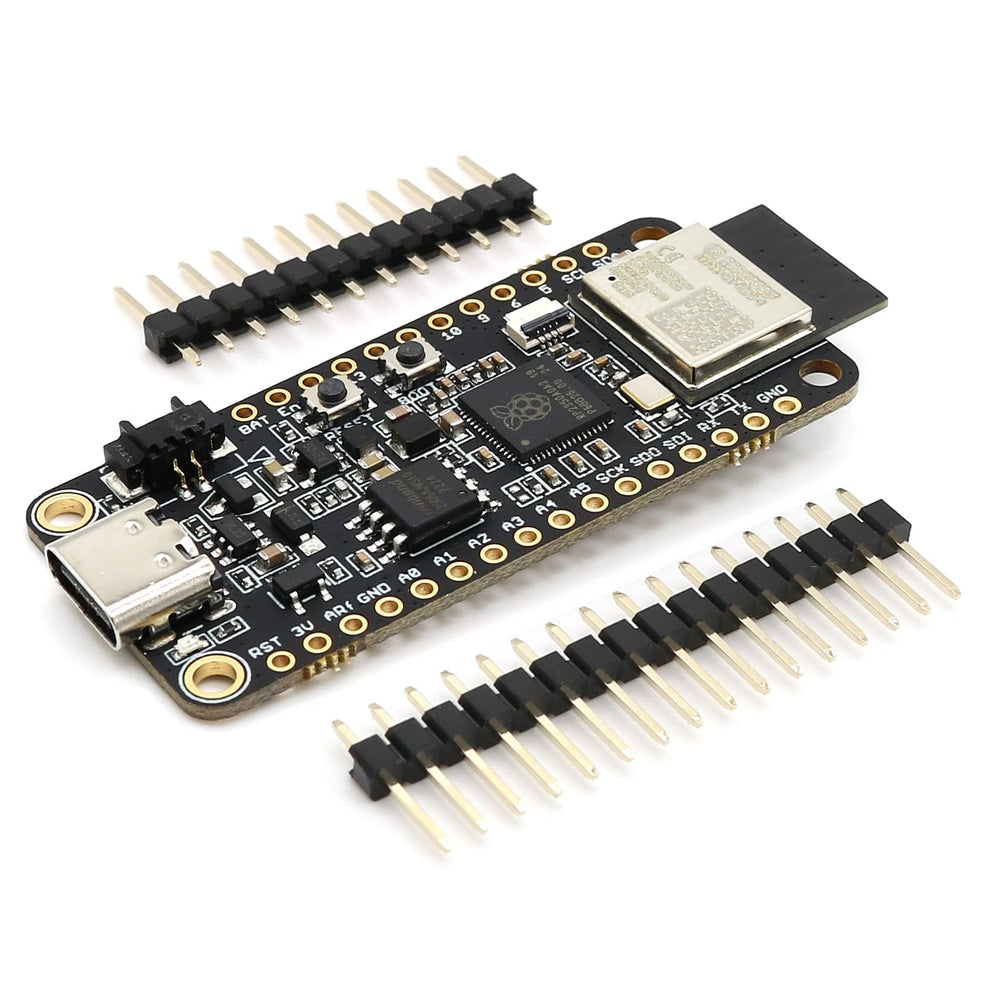
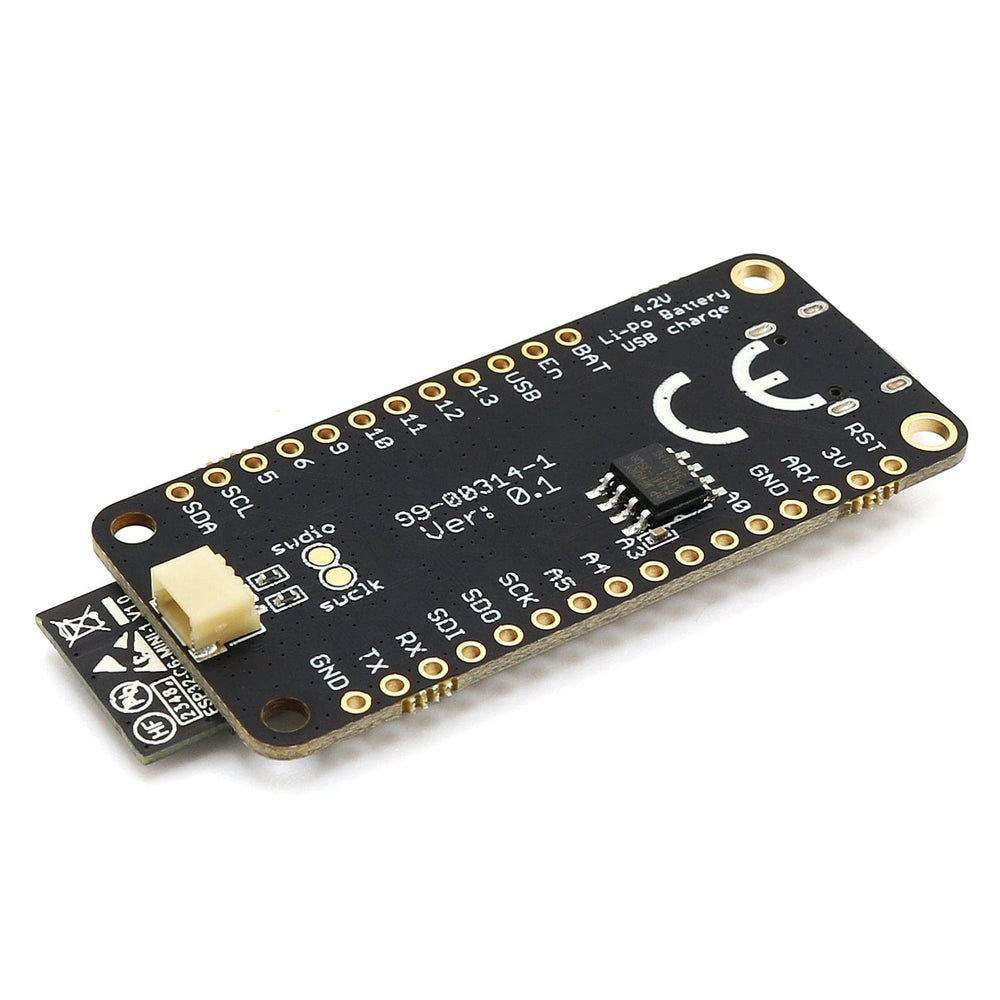
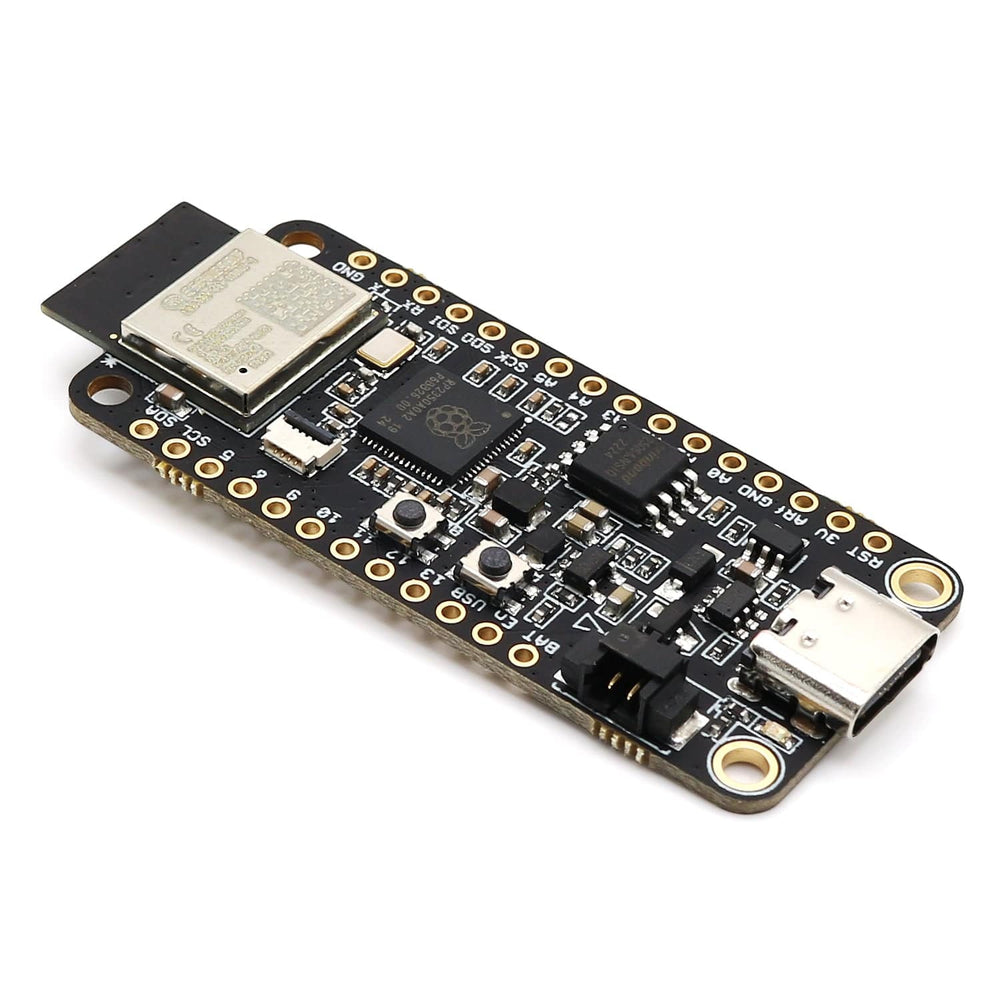
The Challenger development board has the new dual-core Cortex-M33/RISCV RP2350 MCU from Raspberry Pi and the ESP32-C6 network module. It supports Wi-Fi 6 and Bluetooth 5, providing fast and reliable wireless communication.
It also comes with 8MB Flash memory and 8MB RAM, giving significant storage and memory capacity for handling complex tasks and large datasets. This makes it ideal for more advanced and data-heavy projects. With the included ESP32-C6 module, you gain Wi-Fi 6 and BLE 5.4 capabilities, and the high-speed SPI communication provides quick data transfers and low-latency network operations, making it suitable for time-sensitive projects.
For portable projects, the board is equipped with a compact 1.25 mm (MX125/PicoBlade compatible) JST connector, allowing you to easily connect a rechargeable LiPo battery - just make sure it has a 1.25mm connector as standard LiPo batteries use PH2.0. An internal battery charger circuit is included, so your battery charges whenever a USB-C cable is inserted. It has many peripherals, including USB, GPIOs, ADCs, DACs, PWM, SPI, I2C, UART, and PIO, providing the flexibility needed to connect with various sensors, actuators, and modules.
The IPEX3 connector, also known as the I-PEX MHF III connector, is a micro RF coaxial connector commonly used for connecting antennas to wireless devices. Its compact size and low-profile design make it ideal for applications where space is limited, such as smartphones, laptops, and IoT devices.
The IPEX3 connector supports high-frequency signals, typically up to 6 GHz, making it suitable for modern wireless communication protocols like Wi-Fi, Bluetooth, and LTE. It is designed for secure, snap-on mating with a corresponding jack, ensuring a stable RF connection. Despite its small size, it provides a robust and reliable connection for both high-frequency and low-power signals, minimizing signal loss and interference.
This board comes in two options. Board only and with an IPEX3 Connector. Please select which one you'd like before adding it to your cart!
| Board Size | 50.80 mm x 22.86 mm x 3.20 mm | USB Connector protrudes ~1mm outside the PCB. |
| Main microcontroller | RP2350 from Raspberry Pi | 150MHz dual core Cortex-M33/RISCV. |
| SPI | One SPI channel configured | The second channel is routed to the network module. |
| I2C | One I2C channel configured | |
| UART | One UART channel configured | The second channel is routed to the network module. |
| Analog inputs | 4 analogue input channels | |
| FLASH Memory | 8MB 133 MHz | |
| Internal SRAM Memory | 512KB | Divided into 8 banks |
| External RAM Memory | 8MB | PSRAM |
| USB 2.0 controller | Up to 12MBit/s full speed | Integrated USB 1.1 PHY |
| JST Battery connector | 1.25mm pitch | |
| LiPo charger | 500mA standard charge current | |
| Neopixel LED | RGB LED | |
| Network module | ESP32-C6-MINI-1 | WiFi/BLE/Thread/Zigbee/Matter |
Using the Arduino environment
Just like with our RP2040-based boards we’ve teamed up with Earle F. Philhower to provide Arduino support for our RP2350-based boards. Instructions on how to install and downloads are available from here: https://github.com/earlephilhower/arduino-pico
Raspberry Pi pico-sdk support
This board is supported natively by the Raspberry Pi pico-sdk. Read more here and try the examples out.
Circuitpython/Micropython
Support for Circuitpython is now available for this board. You can download the latest version from here: https://adafruit-circuit-python.s3.amazonaws.com/index.html?prefix=bin/challenger_rp2350_wifi6_ble5
Micropython will follow shortly… stay tuned.






